I just assumed the phrase was always more or less with us.
Yet there actually is an origin story.
As I was researching other classic paradoxes for this month’s theme, it turns out that the line “Less is More” first appears in Andrea del Sarto, a poem by Robert Browning about the artist.
The poem begins after a quarrel between Andrea and his much younger (and unfaithful) wife Lucrezia del Fede, often the model for his paintings.
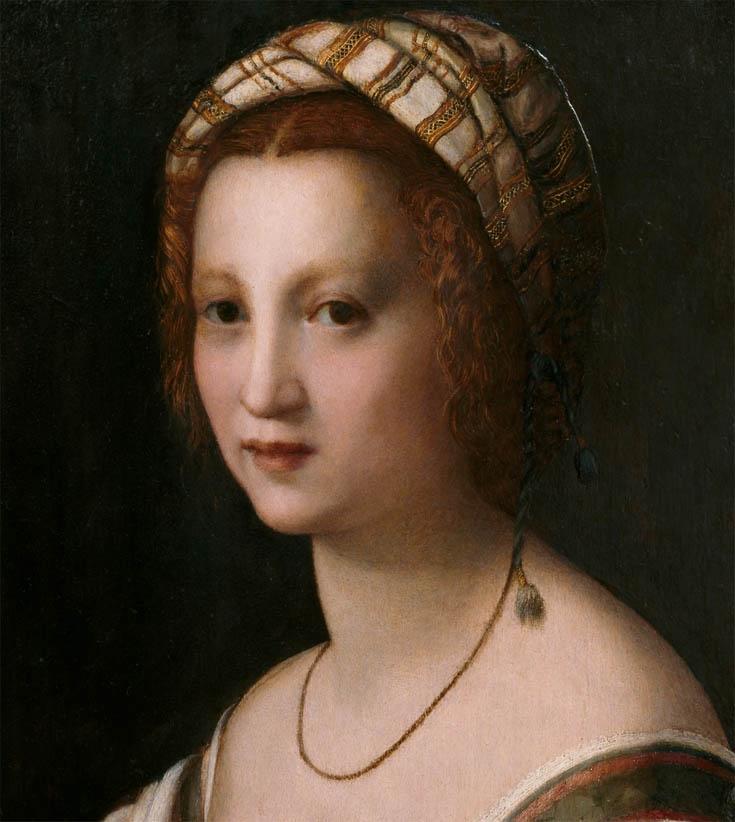
The poem’s most famous lines, however, are definitely:
“Ah, but a man’s reach should exceed his grasp,
Or what’s a heaven for?”
It’s a vital concept––that we are at our best when striving––and it relates to what I’ve written recently about the value of Stretch Goals HERE.
And while I’m more focused on the poem’s earlier lines, exploring the “Less is More” paradox, it also ties into the enormous width of a classical composer from the early 1900s hands.
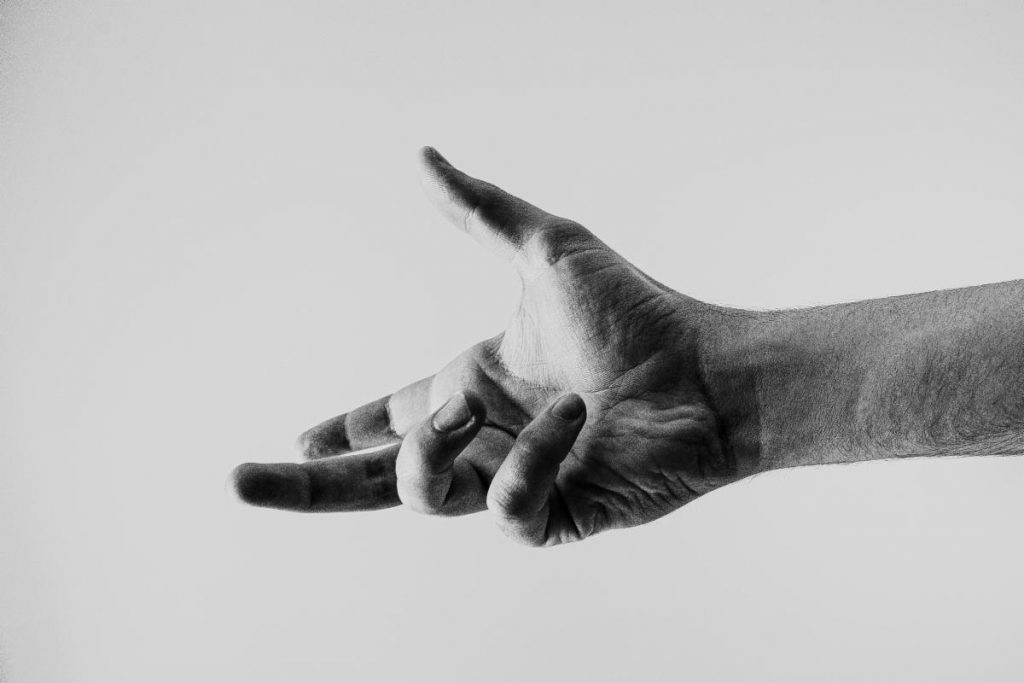
In 2022, Yunchan Lim became the youngest pianist ever to win the Van Cliburn International Competition.
In the classical music world this is a Very Big Deal.
Like the Olympics, the competition happens only once every four years.
The importance of the festival begins with its founder Van Cliburn, a pianist who made history in numerous remarkable ways.
In 1958, at the height of the Cold War, Moscow hosted the first International Tchaikovsky Competition, an event specifically designed to demonstrate Soviet superiority.
And yet Van Cliburn––a native Texan––performed so well, he received an 8-minute standing ovation.
Even so, the judges felt they had to actually ask the Soviet Leader Nikita Khrushchev if they could really award an American first prize.
In an astonishingly non-political moment for a career politician particularly in the middle of the Cold War, Khrushchev simply asked:
“Is he the best?”
When the judges responded in the affirmative, Khrushchev replied,
“Then give him the prize!”
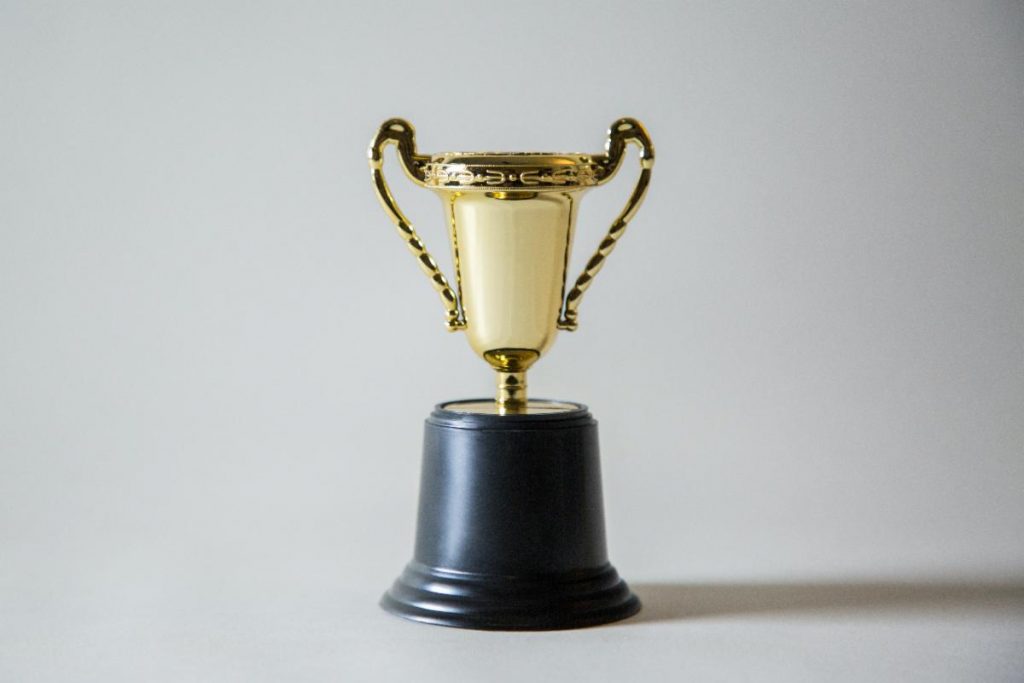
Cliburn not only landed on the cover of Time Magazine, he was also greeted with a ticker-tape parade in NYC, to this day the only musician ever to receive that honor.
(Sorry, Beyoncé).
More to the point and back to the present, Yunchan is 18, from South Korea, and he is breathtakingly talented.
You can watch his incredible contest-winning performance of Rachmaninoff’s Third Piano Concerto––the one Van Cliburn himself played in 1958—HERE.
You should definitely listen to the whole 40 minute concerto, but that’s not really why I’m writing about him today.
Instead, I want to share a super short interview HERE when Yunchan talked about how for him, playing Mozart was very difficult.
This is an astonishing statement.
On a technical level, pretty much everyone agrees that no one’s ever written anything more gnarly (or more romantic) than the Rachmaninoff Third.
(Just FYI, this is something that actually factors into the plot of the movie Shine for which Geoffrey Rush won the 1996 best actor Oscar portraying the struggling pianist David Helfgott playing the same piece.)
There’s even speculation that Rachmaninoff might have had Marfan’s syndrome, a genetic condition that might account for the enormous reach of the composer’s hands, resulting in the almost superhuman demands he placed on all future musicians.
Again, Yunchan Lim is someone who is flawlessly dazzling in the most challenging passages ever written.
And yet Yunchan finds the utter simplicity––the pure “Less is More”––of Mozart difficult.
I’m not entirely sure why, but for me that is somehow intensely moving.
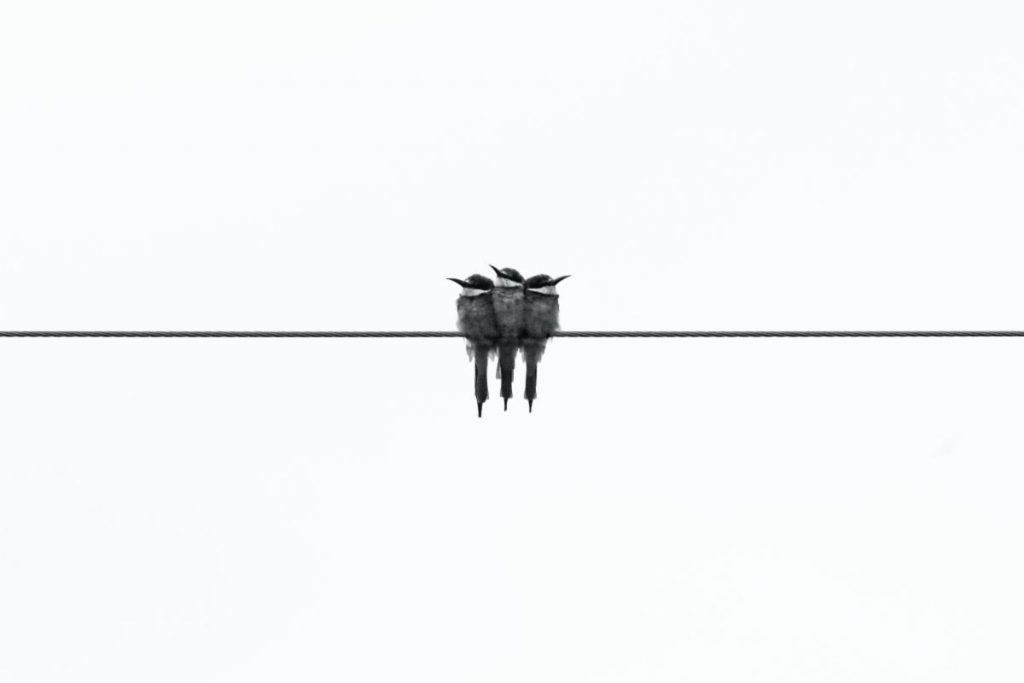
Speaking further about “Less is More”…
This is a lesson I learned through trial and error (but maybe I can save you some time.)
It’s known as “The Paradox of Choice.”
Namely, it seems like common sense to think that by offering the widest array of options, you’re making life easier for others.
The opposite is actually true.
Back in the day when I was taking on coaching clients, I found early on if I told someone I was wide-open for the following week, it was nearly impossible to schedule anything with them.
However if I said “I can meet on Tuesday afternoon from 1 to 4pm or Friday morning between 9 and11,” something would actually get on both our calendars.
(Now I use a calendar app for my meetings slots, so on that front at least, life is simpler).
The bottom line is that too many choices,too wide a window, rather than offering more opportunities for wise choices, tends to lead instead to overwhelm.
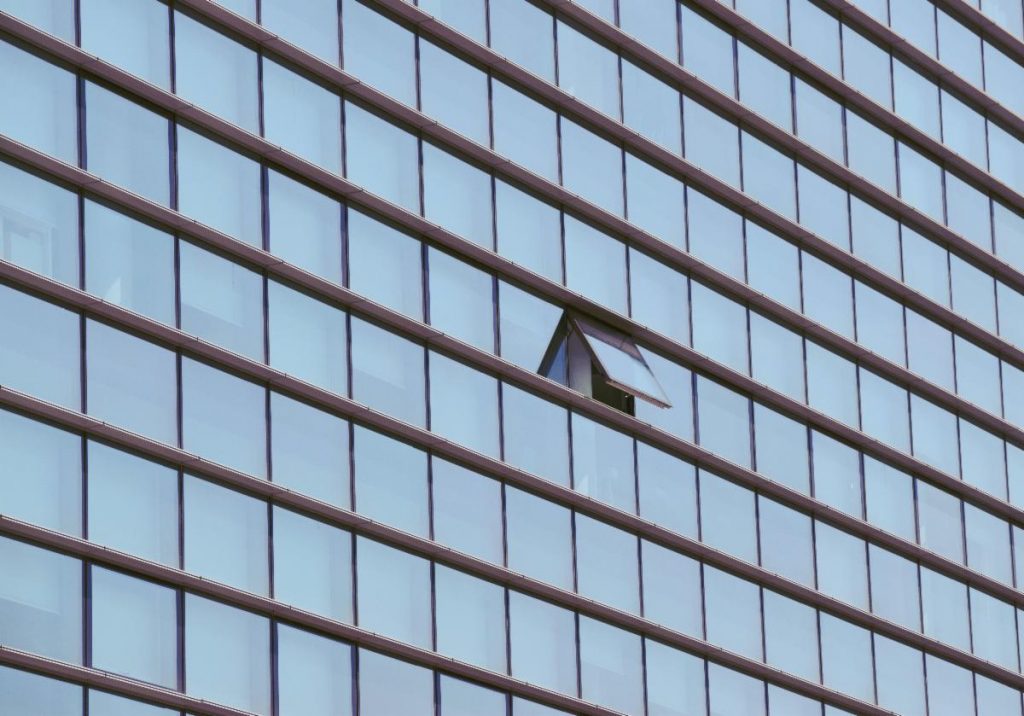
The first person to officially label and write about this phenomenon was Barry Schwartz in his book The Paradox of Choice.
“Learning to choose is hard.
Learning to choose well is harder.
And learning to choose well
in a world of unlimited possibilities
is harder still, perhaps too hard.”
Indeed, even with all my hard-won scheduling savoir-faire, It’s still easy to fall into this mode every time I turn on the TV.
Between Netflix, Amazon, Hulu, and Peacock, the options are nearly infinite.
There are simply too many things I want to watch, I’m often unable to make a choice.
Despite experience proving it time and again, even so this paradox still seems counterintuitive.
Yet the wiser part of me knows that Schwartz is absolutely correct when he writes that ultimately:
“Unconstrained freedom leads to paralysis.”

This same principle of “Less is More,” by the way, absolutely applies when we’re asking for help.
I remember seeing this demonstrated in an early creative career workshop.
The more specific the ask, the easier it was to help someone.
The moment someone said “I want to be on this ABC soap opera” or “There’s a new play at the Public I think I’m right for,” the networking wheels would begin turning in everyone’s brain.
I’d recall a contact, or a friend of a friend, or even something I’d read in the trades that might be useful.
A broad spectrum ask rarely works.
I see this to this very day, particularly with a distant acquaintance of mine posting often on Facebook for help with their forever languishing project.
Rather than requesting a contact at a specific company, it’s more or less a widespread plea to be rescued.
The requests are so general, so impossible to fulfill, unless you were to take on their burdens and make them your own, they might as well be spelling out S.O.S. in the sand on a desert island.

In contrast to everything I’ve written above, I can’t help but recall the passage from Hannibal when Dr. Lecter sets the table for Clarice.
“He could see that he had too many flowers in the room, and must add more to make it come back right again. Too many was too many, but way too many was just right.”
And sometimes, that’s also true.
I’ve had many (ironically, perhaps too many) a maximalist experience I treasure.
And yet, increasingly I see the power of the “Less is More” paradox.
Give people fewer choices and they tend to choose more wisely.
Even so, I still marvel that for a brilliant musician, sometimes a Mozart Sonata (or the Goldberg Variation Aria) is much more difficult than the massive demands of the Rach III.
Or that a super-specific ask might open more doors for you than casting a wide net.
Ultimately, perhaps trimming your Cosmic Wishlist list to its essentials might actually increase the odds of getting what you really want deep down.
While Browning reminds us that our reach should exceed our grasp, he also tells us in a poem devoted to yet another Renaissance painter Filippo Lippi:
“If you get simple beauty and nought else,
You get about the best thing God invents.”
Indeed, sometimes less really is the most of all.
Namaste for Now,

